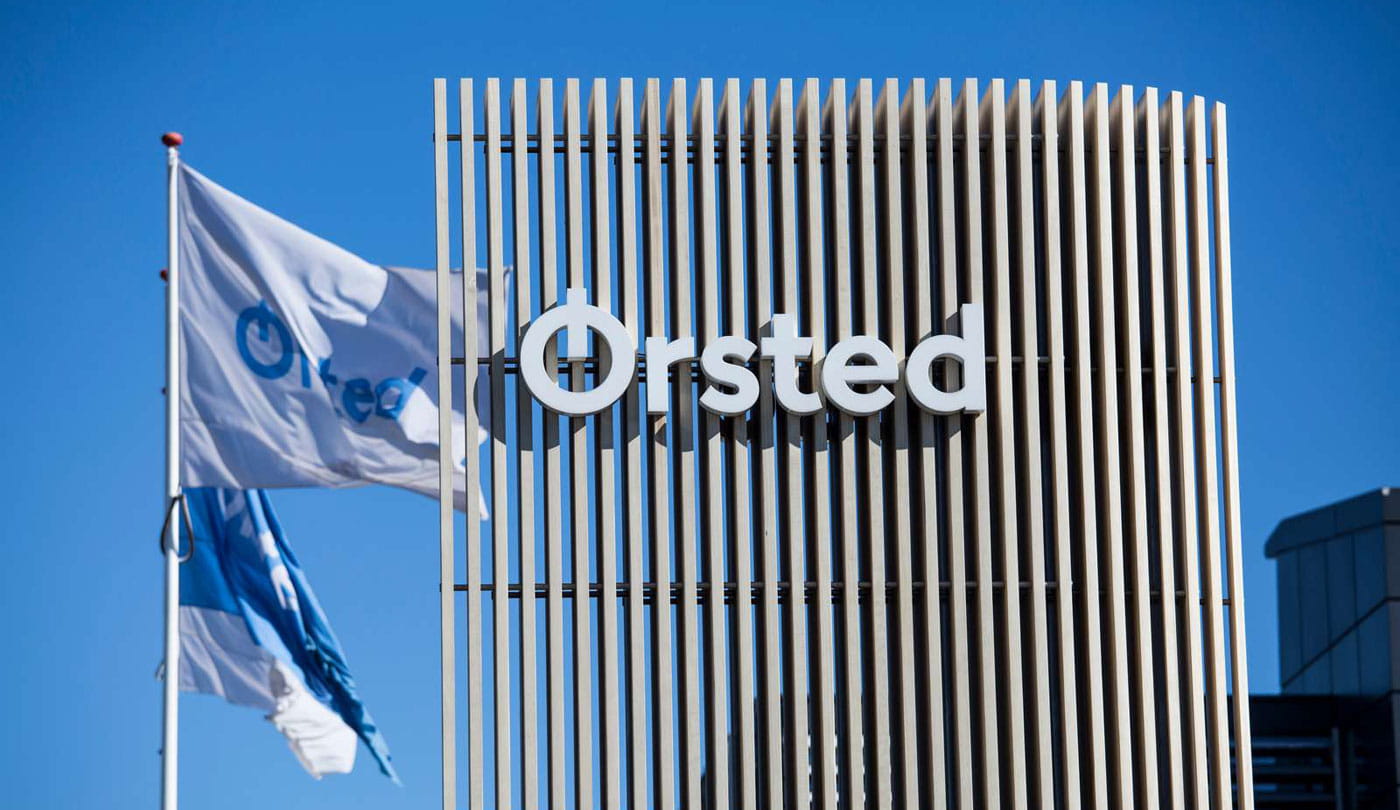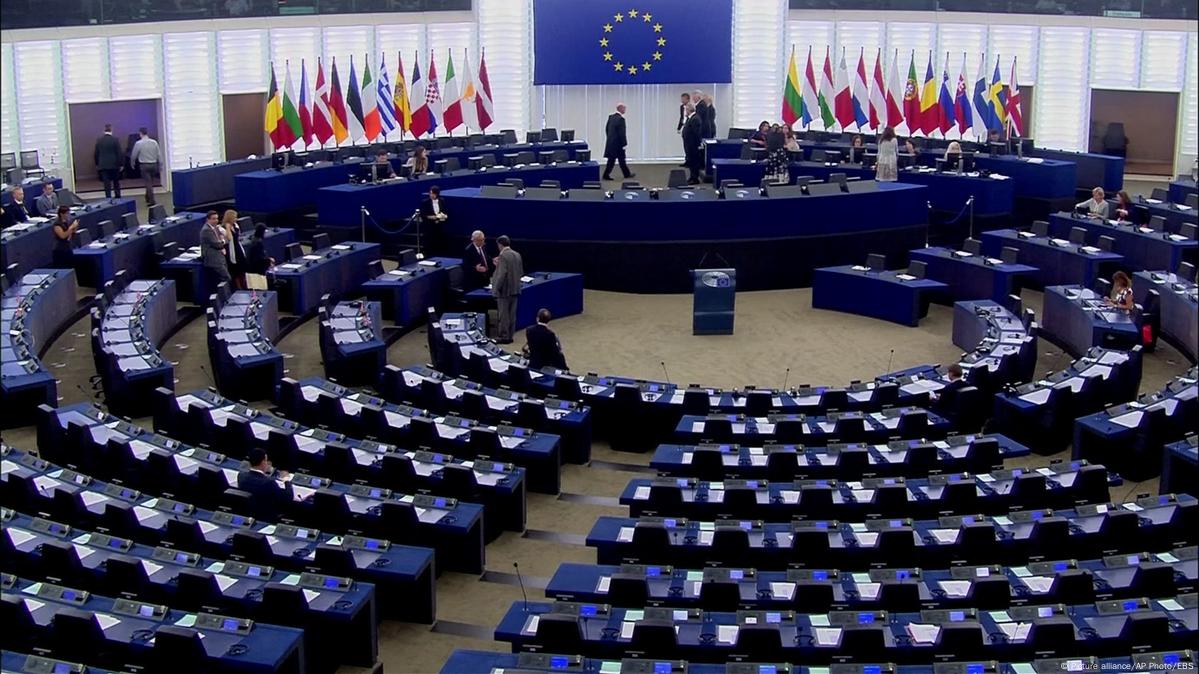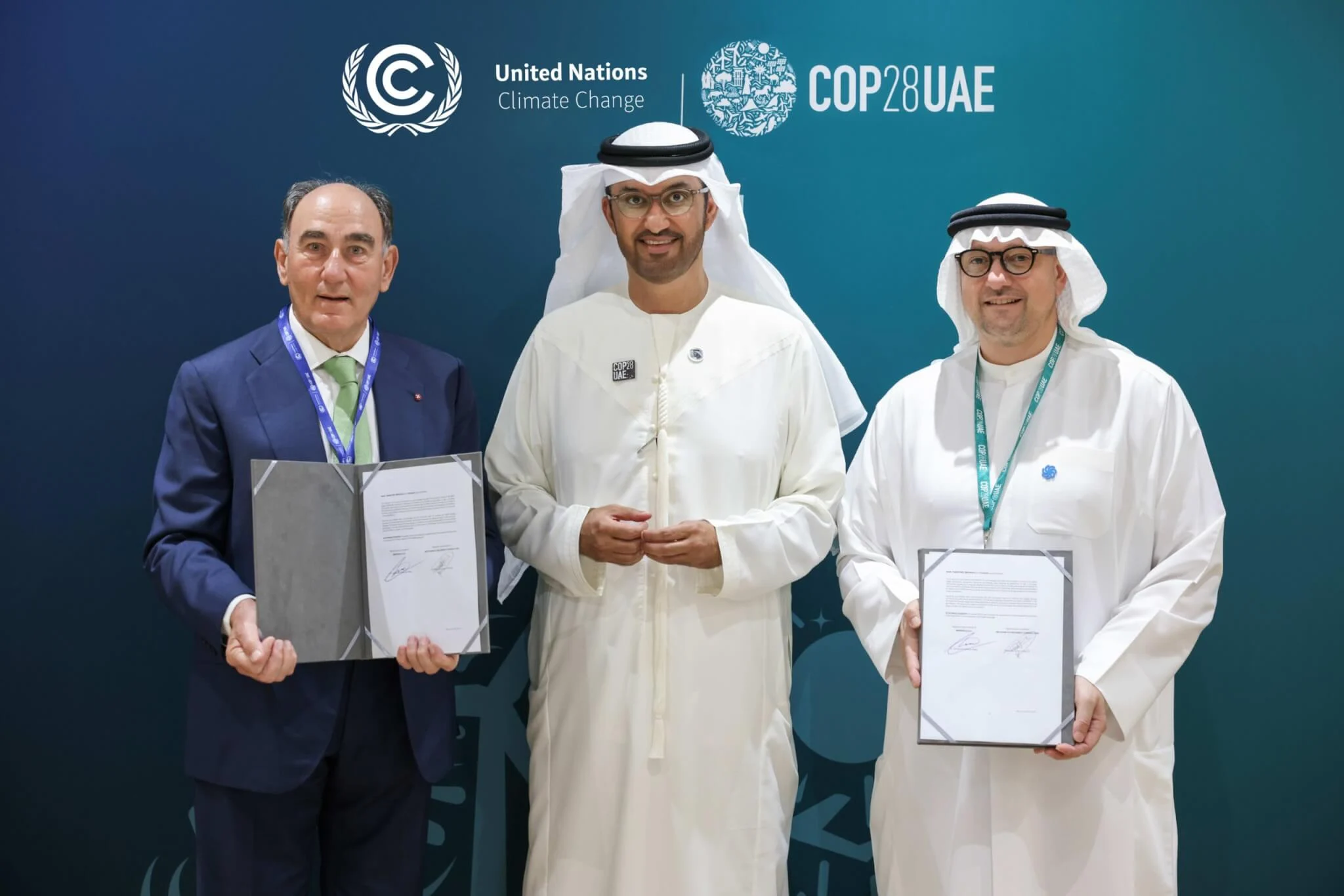Alliance of CEO Climate Leaders Call on World Leaders at COP27 to Show Firmer Commitment to Climate Transition

- The Alliance of CEO Climate Leaders shares an open letter for world leaders at COP27.
- Alliance members know that limiting global warming to 1.5 degrees Celsius requires significant collaboration and shared responsibility between the private and public sectors.
- Knowing this, the CEOs are ready to work side by side with governments to accelerate the transition to net zero.
This letter is being released ahead of COP27 by the World Economic Forum on behalf of the Alliance of CEO Climate Leaders.
More than 100 CEOs of large multinational organizations, all members of the Alliance of CEO Climate Leaders, have strong convictions that our ambitious climate targets can be realized only with the support of governments.
We recognize the positive progress to date. Emissions under current policies are projected to reach 58 GtCO2e in 2030, 2 GtCO2e lower than what it was in 2019, but still 25 GtCO2e higher than what is essential to limit warming to 1.5 degrees Celsius. This gap is equivalent to the annual emissions of 5.4 billion cars. Unfortunately, assuming full implementation of unconditional NDCs still results in a 23 GtCO2e gap (2019 and 2022 UNEP Emissions Gap Report). Governments must raise their ambitions and enact policy changes to close this gap, otherwise we face a significant threat to the existence of human life and nature.
This letter outlines the actions we believe governments and businesses need to take to unlock the potential of the private sector and to move towards a path that limits global warming to 1.5 degrees Celsius.
We’re in this together to solve the climate crisis
We, the Alliance of CEO Climate Leaders, are ready to work side-by-side with governments to deliver bold climate action. We encourage all business leaders to set science-based targets to halve global emissions by 2030 and reach net zero by 2050 at the latest.
The global impact on food and energy prices, notably due to the war in Ukraine, continues to hurt households, businesses and economies worldwide. The crisis is a stark reminder of the fragile nature of the current energy and food systems, which are still dominated by fossil fuels. Leaders at the United Nations Climate Change Conference (COP27) have the chance to make this a historic turning point towards cleaner, more affordable and secure energy and food systems. We, therefore, welcome Egypt’s hosting of COP27 this year and Africa’s leadership on climate action, adaptation, resilience and a just transition.
Accelerating the transition to net zero requires significant collaboration and shared responsibility between the private and public sectors. We believe that business commitments to climate action backed by private sector actions and investments can reinforce the mandate for governments to raise their own ambitions and enable faster progress.Government targets, supporting policies and transition plans can provide clarity, predictability and the competitive landscape to encourage more businesses to take action and to make transition-aligned investments.
As members of the Alliance of CEO Climate Leaders, we have committed to reducing emissions by more than 1 gigatons annually by 2030 and have, on average, reduced scope 1 and 2 emissions by 22% from 2019-2020 levels, outpacing major nations.*
We call on our peers in the private sector to join us in:
- Setting science-based targets in line with the Paris Agreement, with a clear roadmap that takes sector-specific pathways into account.
- Collaborating within and across sectors and value chains to drive transparency, advocacy and action in alliances and initiatives while working with major industry and trade associations to advance alignment with the Paris Agreement.
- Contributing to the development of internationally harmonized reporting standards.
See related article: American Express Commits Over $5 Million to Help Cities Build Resilience to Fight Climate Change
In this context and with leaders meeting at COP27 and the G20, we call on governments to:
Set bold ambitions and follow through on commitments
Deliver on the promise in the Glasgow Climate Pact and commit to ambitious and Paris Agreement-aligned nationally determined contributions and translate them into plans and policies that at least halve global carbon emissions by 2030 and contribute to global net zero by 2050.
Accelerate the transition
Drive down the green premium of low-carbon technologies for hard-to-abate sectors by unlocking blended finance (concessionary lending, guarantee mechanisms and others), scaling innovative sustainable finance mechanisms, integrating climate and sustainability criteria in public procurement and promoting the alignment of international standards for transformational technologies.
The focus is on action. Recognizing that many solutions already exist, there is an urgent need to:
- Break down barriers by simplifying regulations, speeding up permitting processes and creating the enabling policy frameworks to accelerate scaling and deploying these solutions. Essential to progress is increased R&D expenditure and the inclusion of digital and physical infrastructure to ensure supply meets demand.
- Provide incentives, including policies for emerging renewable energy and energy efficiency technologies on both the supply and the demand side, while also supporting hard-to-abate sectors through additional funding for innovation and the scaling up of new solutions, including circularity, carbon removal and natural climate solutions.
- Put a price on carbon and phase out fossil fuel subsidies in a way that is both just and results in their eventual elimination. Combined, this will improve the competitiveness of sustainable low-carbon technologies.
- Invest in reskilling and upskilling of those in the workforce that are impacted by the transition and enable more people to participate in the green economy.
Invest in mitigation, adaptation and a just transition
Ensure that developed countries meet and exceed their $100 billion commitment and that these funds go directly to supporting developing countries’ efforts to mitigate and adapt to climate change. This is fundamental to establishing and maintaining confidence between countries to tackle the climate crisis together.
The impacts of climate change are already being felt, from more frequent heatwaves and wildfires to more severe tropical cyclones and floods. These changes disproportionately impact developing countries and threaten current and future economic development, human health and welfare. For new climate adaptation infrastructure projects, governments should strive for a conditionality of sustainability (e.g. building materials and techniques). Investing in water, healthy food systems and resilient supply chains while increasing local production in the Global South using regenerative agriculture and other sustainable farming and food production practices is integral to climate adaptation and resilience.
This must be done while protecting biodiversity and ecosystems and ensuring a fair and inclusive transition for all. This transition needs a radical rethinking of how we do business and a prolonged focus throughout the private and public sectors aligned with bold policy actions to decarbonize the economy.
Internationally harmonize reporting and disclosure standards
With the current divergence of standards underway, we call on the International Sustainability Standards Board (ISSB), the European Commission, the U.S. Securities and Exchange Commission (SEC) and all other regulating bodies to align their collective efforts to arrive at globally-aligned standards to accurately measure and compare progress against ambitious targets. The standards must be interoperable, decision-useful and implementable to ensure they create trust and lasting change. Finally, market-based instruments (including carbon markets, power purchase agreements, etc.) have an essential role to play in reducing carbon emissions globally but need greater alignment and clear standards and frameworks.
This is the decade of action, so we must work side-by-side with governments to scale up public-private efforts in the drive to net zero. Alliance members will be in Egypt during COP27 to discuss with world leaders, government officials and civil society representatives how, together, we can take positive action to tackle the climate crisis.
Source: World Economic Forum









